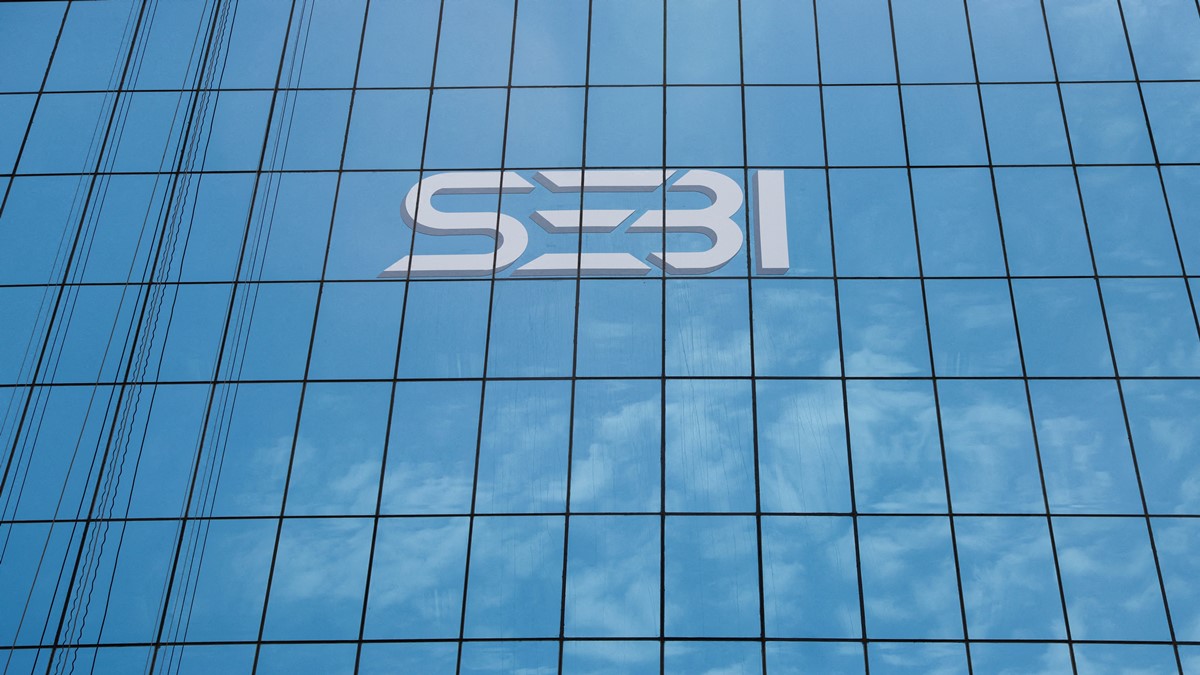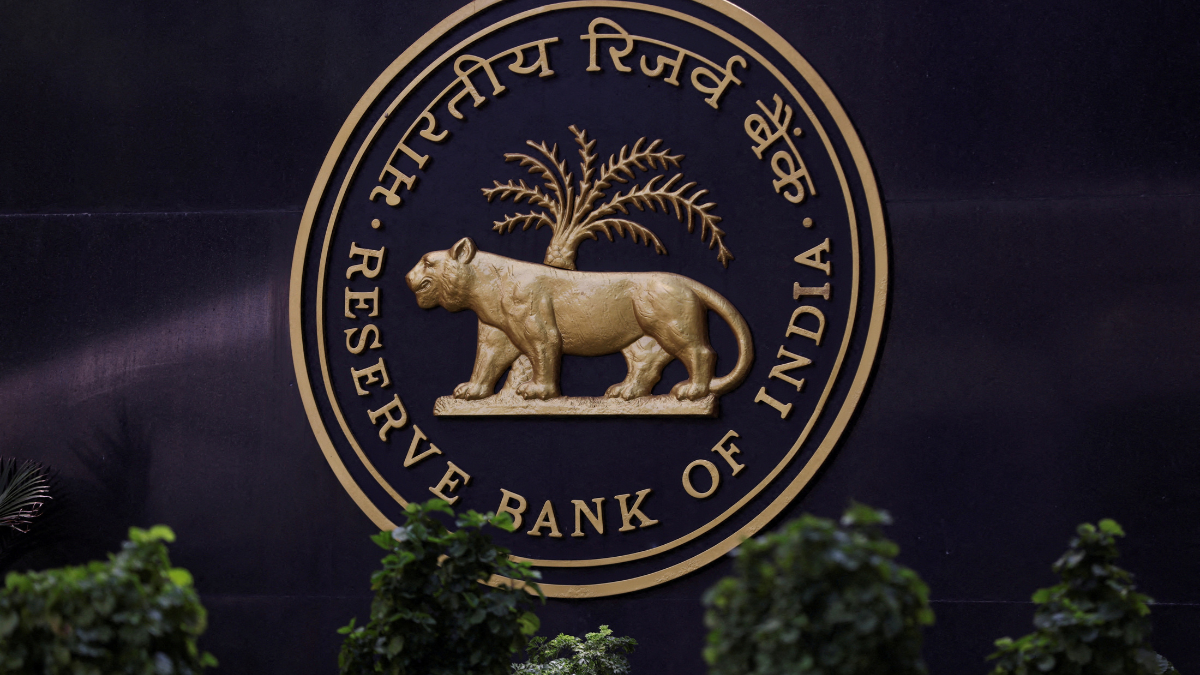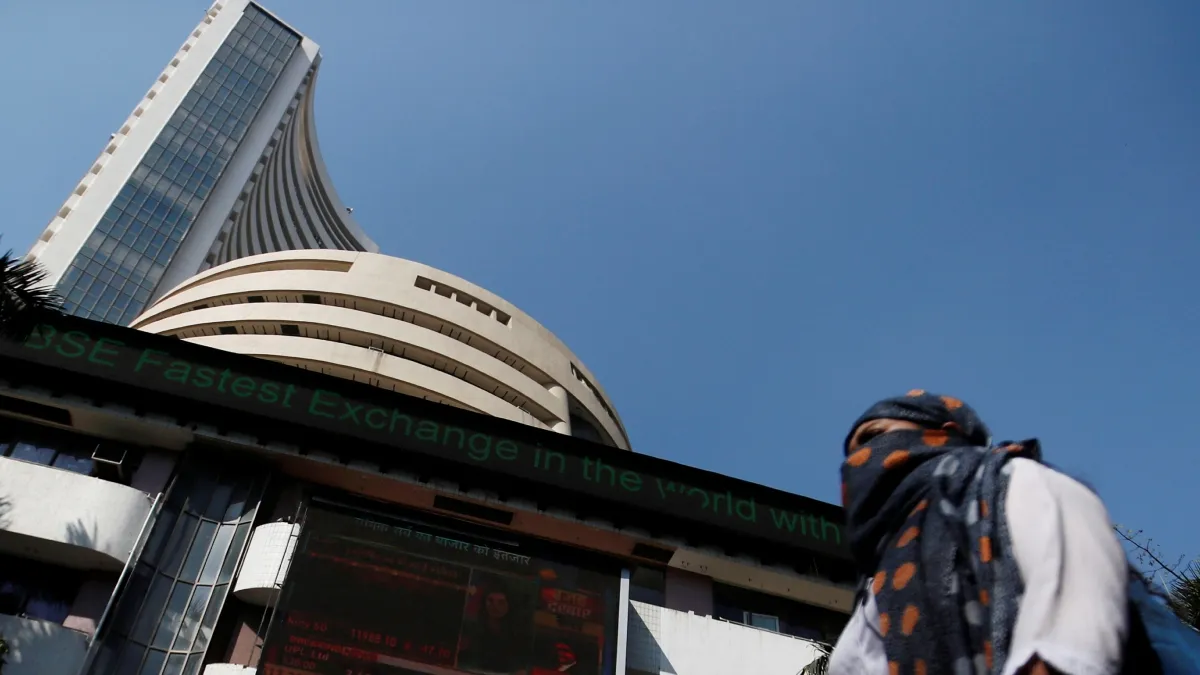In a move that seems to be testing waters before the final decision, the Securities and Exchange Board of India (Sebi) on Friday issued a consultation paper on instant settlement of funds and securities as an optional T+0 settlement cycle in two phases.
In Phase 1, it will be implemented for trades taken till 1.30 pm with the settlement of funds to be completed by 4.30 pm. In Phase 3, there will instantaneous trade-to-trade settlement for both funds and securities. In this, trading will be done till 3.30 pm.
The consultation paper comes around six months after Sebi chairperson Madhabi Puri Buch said that the market regulator is considering same-day settlement of trades on stock exchanges by March 2024 and eventually have a real-time settlement.
In its consultation paper, it said that in today’s age, reliability, low cost and high speed of transactions are key features that attract investors to particular asset classes. To that extent, reducing settlement time and hence increasing operational efficiency of dealing in Indian securities can further draw and retain investors into this asset class.
“In this regard, it is envisaged that for equity cash segment, in addition to the existing T+1 settlement cycle, a shorter settlement cycle may be introduced as an option,” it said.
For starters, eligible securities for T+0 settlement will be the top 500 listed companies based on the market capitalisation. However, they will be transitioned in three tranches of 200, 200 and 100 from lowest to highest market capitalisation.
While many have expressed their concerns that this may increase the cost of funding for investors, Sebi said that according to its data, a high percentage of retail investors bring upfront funds and securities before placing the order. For example: In June 2023, for around 94 percent of delivery based trades with value up to Rs 1 lakh per transaction, investors made early pay–in of funds and securities.
“This client base already has funds and securities made available before placement of order,” the consultation paper noted.
On worries that there could be a divergence in the price of the same securities in the different settlement cycles, the regulator said that liquidity and price gaps would be addressed because market participants can access both T+0 and T+1 markets.
The regulator has also believes that any divergences would be bridged by arbitrageurs. Its solution: The divergence of prices for the same scrip in different segment – T+0 and T+1 – can be addressed by introduction of price bands (say 100 basis points) between the two segments… “which ensure limited divergence in the prices between the T+1 settlement cycle and T+0 or instant settlement cycle. Further, with increase in participation in this segment and active arbitrages, the divergence in prices may be reduced,” it said.
In the past couple of decades, the timeline of settlement has come down significantly – T+5 in 2002 to T+1 in 2021. The latest cycle T+0 would be another big development for stock market players.
Sebi has sought comments from public till January 12.




